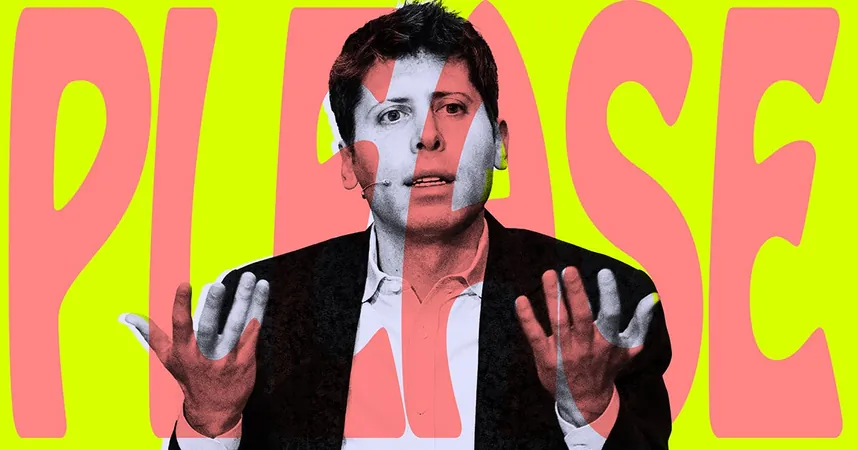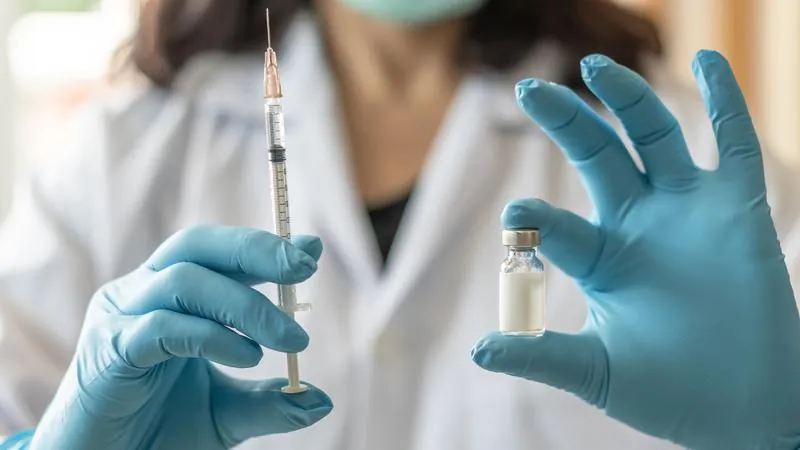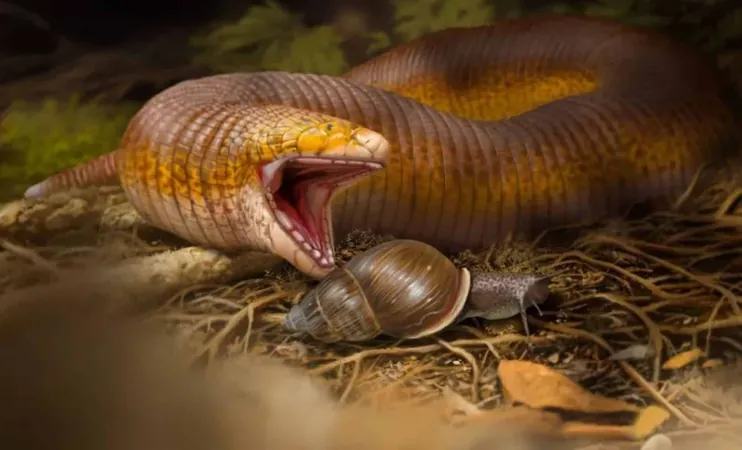
New Study Links Regular Cannabis Use to Rising Psychosis in Youth
2025-04-09
Author: Benjamin
Startling Findings from London Researchers
A groundbreaking study from London has unearthed a worrying connection between frequent cannabis use and an increase in psychosis among young individuals. Researchers from the London Health Sciences Centre and Western University’s Schulich School of Medicine analyzed brain scans from 61 patients, aiming to uncover how cannabis influences biological changes in the brain linked to this severe mental health condition.
A Rise in First-Episode Psychosis
Julie Richard, a psychiatrist leading the study, noted a disturbing trend since the legalization of cannabis in Canada: an uptick in young people experiencing first-episode psychosis. She stated, "We’re now regularly seeing teenagers who encounter transient or prolonged psychosis following cannabis use."
Young Users in Focus
The research focused on participants aged 18 to 35, comparing a group of regular cannabis users to non-users. Among these groups, some individuals were diagnosed with first-episode schizophrenia. Utilizing advanced brain scans, the team examined neuromelanin levels—an indicator of dopamine activity potentially affecting mental health.
Dopamine's Double-Edged Sword
Researcher Jessica Ahrens explained the complexity of dopamine: while it's essential for motivation and mood regulation, excessive levels can disrupt brain function and elevate psychosis risk, especially in young brains still undergoing development. The scans revealed darker neuromelanin spots in heavy cannabis users, indicative of surprisingly high dopamine levels for their ages.
Significant Brain Changes
The locations of these melanin deposits were also alarming. Found in parts of the midbrain associated with psychosis, this pattern emerged regardless of whether participants had previously experienced psychotic episodes. Lena Palaniyappan, the study's senior author, emphasized that prolonged cannabis use could amplify dopamine in brain regions linked to psychotic symptoms.
Mind-Altering Trends Post-Legalization
Richard highlighted that the availability and potency of cannabis products since legalization could be contributing to this surge in psychosis cases. Reports indicate that adolescents as young as 12 are now engaging in regular cannabis use, raising concerns about long-term effects.
The Broader Impact of Psychosis
Psychosis not only impacts those experiencing it but also disrupts families and social networks. Palaniyappan pointed out the detrimental effects on young adults, especially as they navigate critical life stages involving education and work.
Future Research Directions
Looking ahead, the research team aims to investigate whether interventions designed to help young adults reduce marijuana consumption can mitigate the brain changes observed. This study was recently published in JAMA Psychiatry, marking a significant step in understanding the relationship between cannabis use and mental health.
The Bigger Picture
As the conversation around cannabis continues to evolve, this research is vital in informing young users about the potential risks associated with frequent use. The findings serve as a crucial reminder that while cannabis might be legal, its effects on mental health must not be overlooked.









 Brasil (PT)
Brasil (PT)
 Canada (EN)
Canada (EN)
 Chile (ES)
Chile (ES)
 Česko (CS)
Česko (CS)
 대한민국 (KO)
대한민국 (KO)
 España (ES)
España (ES)
 France (FR)
France (FR)
 Hong Kong (EN)
Hong Kong (EN)
 Italia (IT)
Italia (IT)
 日本 (JA)
日本 (JA)
 Magyarország (HU)
Magyarország (HU)
 Norge (NO)
Norge (NO)
 Polska (PL)
Polska (PL)
 Schweiz (DE)
Schweiz (DE)
 Singapore (EN)
Singapore (EN)
 Sverige (SV)
Sverige (SV)
 Suomi (FI)
Suomi (FI)
 Türkiye (TR)
Türkiye (TR)
 الإمارات العربية المتحدة (AR)
الإمارات العربية المتحدة (AR)